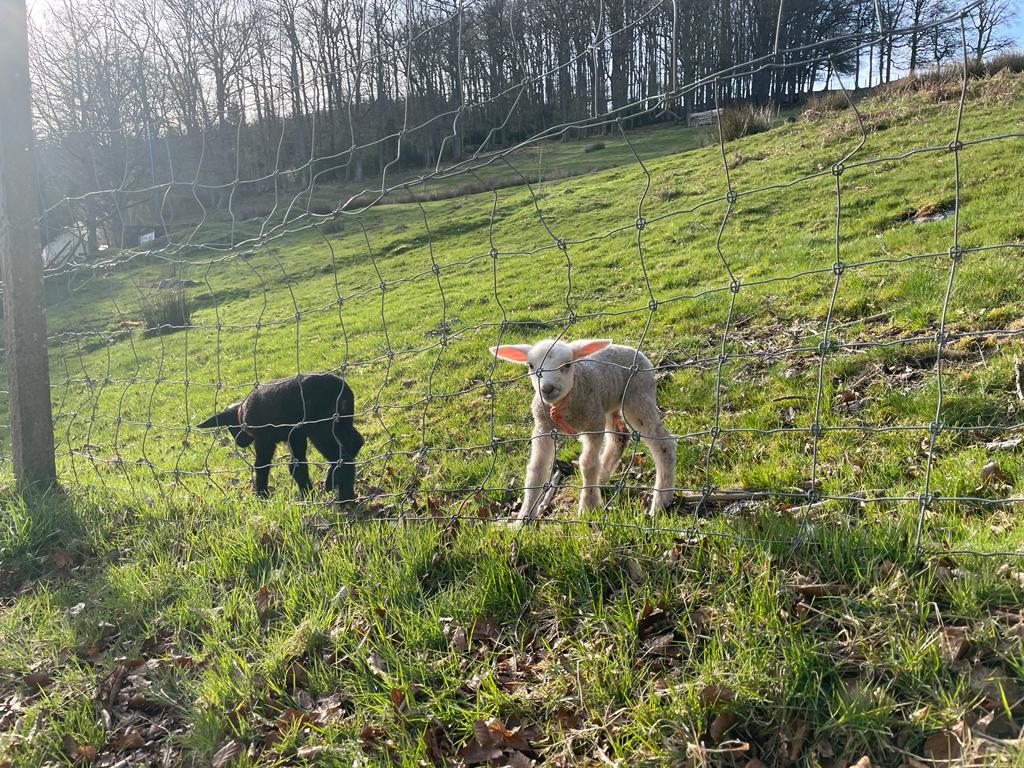The war in Ukraine and its consequences for the world of agriculture was the number one topic of discussion at the annual gathering of the Walloon Agricultural Association (FWA) this week.
Several hundred members and many federal and regional ministers gathered in Gembloux for the annual meeting.
The war in Ukraine – often referred to as “the granary of Europe” due to its high exports of grain – has disrupted supply chains in agriculture and Wallonian farmers are feeling the impact.
“The war in Ukraine comes on top of already tense metal, energy and food markets since the strong economic recovery after the corona crisis,” explained economist Jean-Philippe Platteau, who was asked to assess the economic consequences of the conflict.
“This is a double shock. Fertiliser prices, for example, had already tripled before the Russian invasion.”

Lambs on a farm in Wallonia. Feed for livestock is now more expensive as a result of grain shortages due to the war in Ukraine. Photo by Helen Lyons.
Grain is a common ingredient in animal feed, and shortages impact livestock production in the Walloon region.
Other challenges include boar population, permit issues
The FWA also uses the General Assembly to draw the attention of the ministers present – David Clarinval (Agriculture) for the federal government, Willy Borsus (Agriculture) and Philippe Henry (Climate and Energy) for Wallonia – to the various grievances of the farming world.
These include difficulties in obtaining certain permits and the regulation of wild boar populations, which are still considered too numerous given the damage caused to crops.
FWA, like the other Walloon agricultural organisation Fugea, was also concerned about a proposal from the European Commission to revise the European directive on industrial emissions and extend it to the livestock sector.
Related News
- Reducing nitrogen pollution: Flanders launches public enquiry
- Belgian farmers outraged at 'systematic' farmland acquisition by Colruyt
- Pessimistic farmers: Flanders’ agricultural economy at lowest point ever
All cattle, pig and poultry farms with more than 150 livestock units would fall within the scope of the directive.
“Concretely, this is a herd of 105 cows and accompanying young stock, which is still in the Walloon average. Or 10,714 laying hens, 500 broilers, 300 sows or 500 fattening pigs,” said General Secretary José Renard, calling on policymakers to “show a little more common sense.”
“With such thresholds, many family businesses and businesses that have started to diversify will be disadvantaged because they will be labelled as agro-industrial by the Commission. This is shocking and a cause of indignation for a majority of farmers.”

